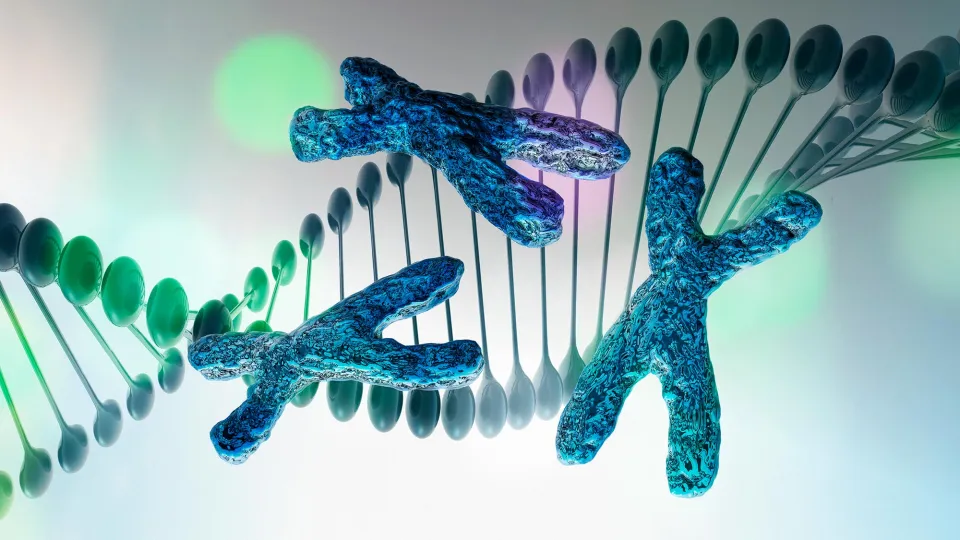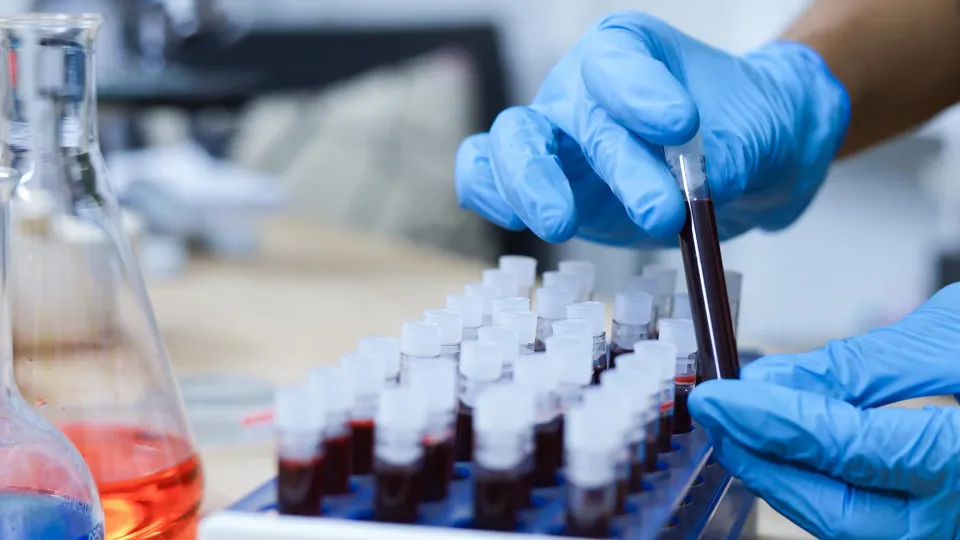News Release
Einstein Secures More Than $192 Million in NIH Grants in 2023
December 18, 2023
December 18, 2023—BRONX, NY—Researchers at Albert Einstein College of Medicine received more than $192 million in grants from the National Institutes of Health (NIH) during 2023, capping another successful year of funding for the institution. Notable awards include those for clinical and translational research, brain science, and community-based investigations.

“Einstein is well-known for its excellence in basic, translational, and clinical research and our faculty have again proven extraordinarily successful in securing federal funding to continue their innovative work,” said Yaron Tomer, M.D., the Marilyn and Stanley M. Katz Dean at Einstein and chief academic officer at Montefiore Medicine. “From deepening our understanding of human biology to developing interventions for our most vulnerable community members, our faculty will continue to be at the forefront of advancing scientific inquiry and providing humanistic, evidence-based care.”
This year’s largest grant supports one of the institution’s major centers: $30 million to the Harold and Muriel Block Institute for Clinical and Translational Research at Einstein and Montefiore, (principal investigators: Marla Keller, M.D., and Mimi Kim, Sc.D.), as well as an additional $4.9 million to support the institute’s education and training programs (Paul Marantz, M.D., M.P.H., Michal Melamed, M.D., M.H.S., and H. Dean Hosgood, Ph.D.)
Several faculty members received funding to investigate the brain health of older adults, including:
- $10.9 million to validate remote cognitive testing for Alzheimer’s and other dementias (Richard B. Lipton, M.D., Ali Ezzati, M.D., and Laura Rabin, Ph.D.)
- $4 million to study the role of brain circuits and neuroinflammation in poor mobility in older persons with HIV (Roee Holtzer, Ph.D., and Anjali Sharma, M.D., M.S.)
- $3.8 million to test whether dementia can be predicted by measuring brain-activity patterns in older adults while they are walking (Pierfilippo De Sanctis, Ph.D.)
From deepening our understanding of human biology to developing interventions for our most vulnerable community members, our faculty will continue to be at the forefront of advancing scientific inquiry and providing humanistic, evidence-based care.
Dean Yaron Tomer, M.D.
Einstein researchers are also committed to conducting community-based studies to improve the health of vulnerable community members:
- $2.9 million grant to investigate how a neighborhood redevelopment program in the South Bronx affects cardiovascular disease among older Bronx residents (Earle Chambers, Ph.D., M.P.H.)
- $3.5 million grant to test whether a novel harm-reduction approach designed specifically for people with HIV who smoke can reduce morbidity and mortality (Jonathan Shuter, M.D.)
In addition, several investigators received significant awards to identify novel targets or advance therapeutics:
- $3.5 million to study neuron signaling associated with pelvic pain, potentially providing novel therapeutic targets (Sylvia Suadicani, Ph.D., and David Spray, Ph.D.)
- $3.2 million to identify new drugs to treat tuberculosis, in response to increases in multidrug-resistant strains (Michael Berney, Ph.D.)
- $3.2 million to better understand how an Einstein-developed drug helps repair damage to the cavernous nerve in a rat model (David Sharp, Ph.D., and Kelvin Davies, Ph.D.)
- $3 million to further refine an Einstein-developed vaccine to prevent herpes simplex virus infections (Betsy Herold, M.D.)
“I applaud the creativity, curiosity, and dedication of our researchers,” said Dr. Tomer. “I look forward to seeing these new grants bear fruit by improving our understanding of the human body and disease and, ultimately, contributing to the improved health of our community members in the Bronx and beyond,” said Dr. Tomer.



